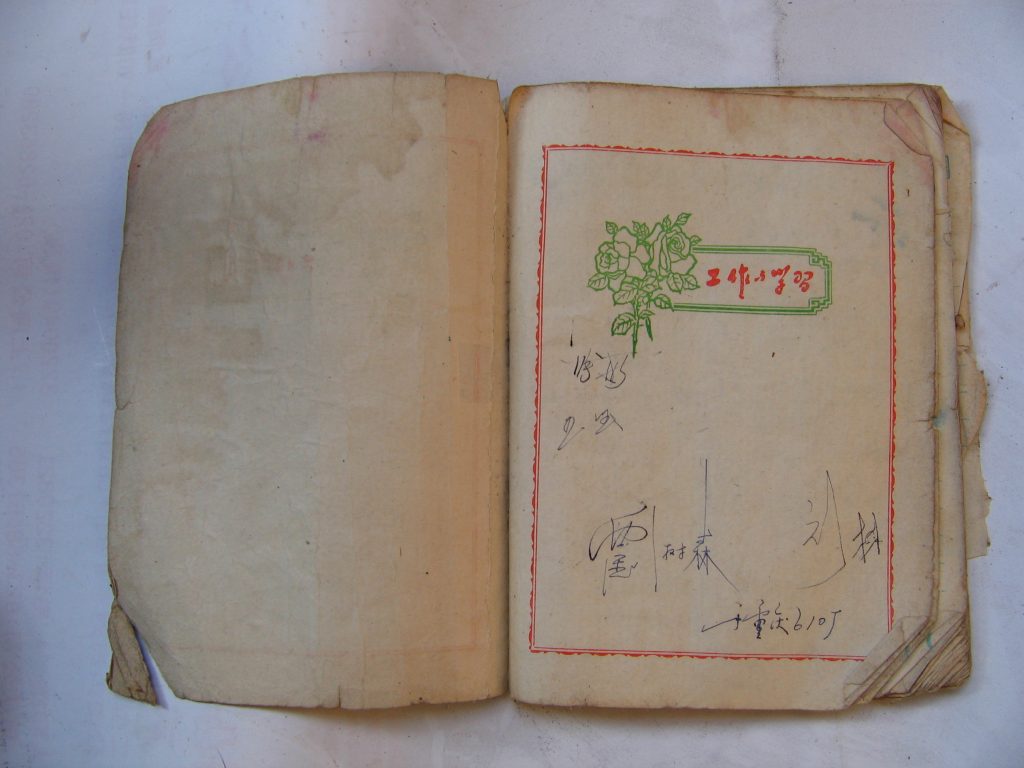 The taking of property by the government under the power of eminent domain is an issue that can be contentious for many landowners. When this does happen landowners are entitled to just compensation. For one Louisiana man with property near the Superdome and across the street from St. Joseph’s Church, the power of eminent domain became very personal.
The taking of property by the government under the power of eminent domain is an issue that can be contentious for many landowners. When this does happen landowners are entitled to just compensation. For one Louisiana man with property near the Superdome and across the street from St. Joseph’s Church, the power of eminent domain became very personal.
The Board of Supervisors of Louisiana State University (“LSU”) took land from Michael Villavaso for the purpose of building a new academic medical center. While the medical center has since been built, Mr. Villavaso was not satisfied with the compensation that he received for the property. Mr. Villavaso claims that the appraised value of his property was $247,000 ($33.00 per square foot), but he only received $172,000 from LSU. The appraisal for Mr. Villavaso was done by certified public account Charles Theriot, who had also done multiple appraisals for LSU related to the building of its academic medical school. Due to this difference in price, Mr. Villavaso sued LSU in civil district court in New Orleans demanding just compensation.
While his lawsuit was pending, LSU proceeded onto Mr. Villavaso’s property, demolishing multiple structures, and depriving Mr. Villavaso of income received from the parking at the location. This led Mr. Villavaso to adjust his claim and demand additional compensation, including lost income of $144,818.
 Louisiana Personal Injury Lawyer Blog
Louisiana Personal Injury Lawyer Blog


 The worst thing that could happen if you are in a bad situation is for that situation to get worse. A New Orleans, Louisiana, resident found himself in that exact scenario when he was in legal trouble and subsequently found himself in even deeper legal trouble.
The worst thing that could happen if you are in a bad situation is for that situation to get worse. A New Orleans, Louisiana, resident found himself in that exact scenario when he was in legal trouble and subsequently found himself in even deeper legal trouble. If you ever inherit land from a relative, it may be wise to investigate if anyone else has a claim to it. There may be a co-owner in the shadows waiting to sell it.
If you ever inherit land from a relative, it may be wise to investigate if anyone else has a claim to it. There may be a co-owner in the shadows waiting to sell it.  Many people think that if they make a will, the administration of their property after death will go smoothly, with no questions asked. This is not always the case. A Louisiana case out of Jefferson Parish dealt with one of these precarious situations.
Many people think that if they make a will, the administration of their property after death will go smoothly, with no questions asked. This is not always the case. A Louisiana case out of Jefferson Parish dealt with one of these precarious situations. A contract creates a level of trust between two businesses or individuals, but what happens when one individual fails to uphold their end of the bargain? Or worse yet, what happens when an individual purposefully misrepresents their ability to uphold their end of the bargain? These are issues the Louisiana Third Circuit Court of Appeal recently addressed in a lawsuit between Meyer & Associates, Inc. (“Meyer & Associates”) and the Coushatta Tribe of Louisiana.
A contract creates a level of trust between two businesses or individuals, but what happens when one individual fails to uphold their end of the bargain? Or worse yet, what happens when an individual purposefully misrepresents their ability to uphold their end of the bargain? These are issues the Louisiana Third Circuit Court of Appeal recently addressed in a lawsuit between Meyer & Associates, Inc. (“Meyer & Associates”) and the Coushatta Tribe of Louisiana. Losing a child is always an extremely difficult experience for a parent to go through, and it is even more difficult when the death is a result of negligence. Normally when negligence occurs, the parents bring forth a wrongful death lawsuit against the negligent party.
Losing a child is always an extremely difficult experience for a parent to go through, and it is even more difficult when the death is a result of negligence. Normally when negligence occurs, the parents bring forth a wrongful death lawsuit against the negligent party. When an employee is injured on the job, workers’ compensation is often a faster and more efficient method to seek damages than other judicial remedies. Once a judgment is entered, it is important for the injured party to promptly collect damages because this judgment could prescribe, or no longer be enforceable.
When an employee is injured on the job, workers’ compensation is often a faster and more efficient method to seek damages than other judicial remedies. Once a judgment is entered, it is important for the injured party to promptly collect damages because this judgment could prescribe, or no longer be enforceable. Plaintiffs cannot litigate multiple lawsuits brought over the same cause of action. For example, if a company wrongfully terminates someone’s employment, the employee can traditionally bring only one lawsuit addressing this issue and not a second or third after a court decides the first. This barring is called
Plaintiffs cannot litigate multiple lawsuits brought over the same cause of action. For example, if a company wrongfully terminates someone’s employment, the employee can traditionally bring only one lawsuit addressing this issue and not a second or third after a court decides the first. This barring is called  The
The  Deadlines matter. They matter in all areas of life, but in the legal world, missing a deadline can determine whether legal action will move forward or not. With every cause of action, there are time frames for filing claims and appeals and oftentimes—even in situations where recovery seems necessary or deserved—courts will dismiss cases filed outside these time frames. In a lawsuit against Rapides Regional Medical Center (Rapides Regional), Mrs. Susanna Duckering learned this lesson the hard way.
Deadlines matter. They matter in all areas of life, but in the legal world, missing a deadline can determine whether legal action will move forward or not. With every cause of action, there are time frames for filing claims and appeals and oftentimes—even in situations where recovery seems necessary or deserved—courts will dismiss cases filed outside these time frames. In a lawsuit against Rapides Regional Medical Center (Rapides Regional), Mrs. Susanna Duckering learned this lesson the hard way.